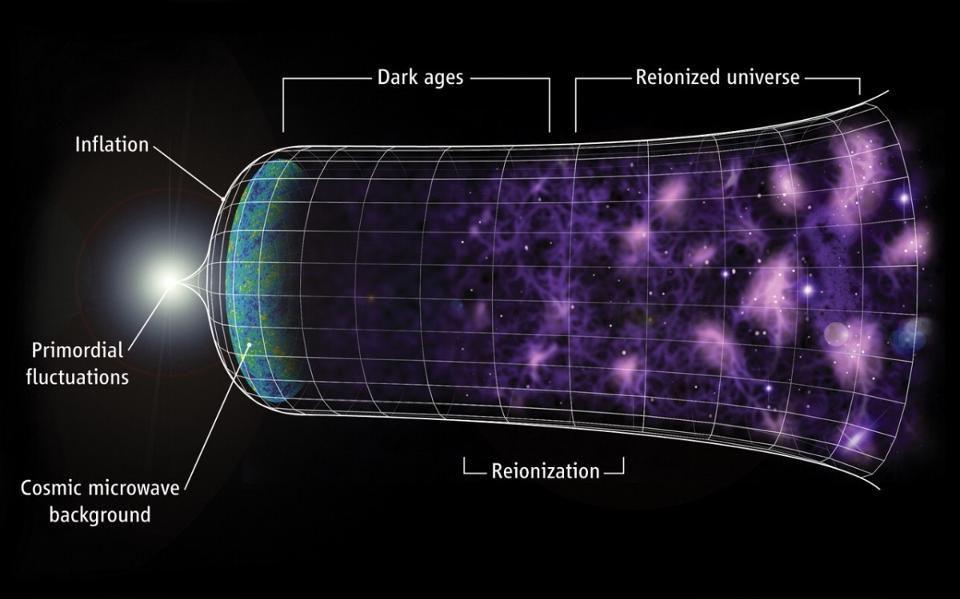There ought to be…
Question: Is there such a thing as historical objectivity?
Niall Ferguson: There isn’t, but there ought to be. That’s to say, that in practice all the historian is doing is taking such past thought as he can retrieve, and trying to order it in some way that is meaningful. Now there cannot be an objective truth at the end of that process, much as the historian wishes he could say, “I found it. Here it is.”
We perform a kind of confidence trick because we write as if we are unveiling truth, and we want our readers to feel that this is indeed what they are seeing, what they’re reading. But of course there is no definitive objective truth on which all historians will one day agree. And no matter how well I write, no matter how persuasively I reconstruct the evidence, it won’t be the last word because of the issue of interpretation and inference. In the end, one is drawing inferences from a one time experiment. The past can’t be recreated. We can’t rerun World War II to see if Hitler really might have won had he acted differently. There’s only one run, and we can only infer as best we can motives from documents which may not themselves be truthful.
And so it’s an extremely delicate process, quite unlike the scientific enterprise which can involve experimentation and verification through the repetition of experiment.
That isn’t what history can do. So it aspires to truth, but it never attains it.
Recorded on: Oct 31 2007






